Welcome to YTF Community, a place to safely share in the challenges and joys of feeding our families.
This week we have three questions that cover a mix of common issues to help provide you with practical information you can put into action and also, more generally, to help calm anxiety about feeding kids. From daycare lunches and what the heck is the deal with added sugar, to what to do when kids eat too fast…or too darn slow.
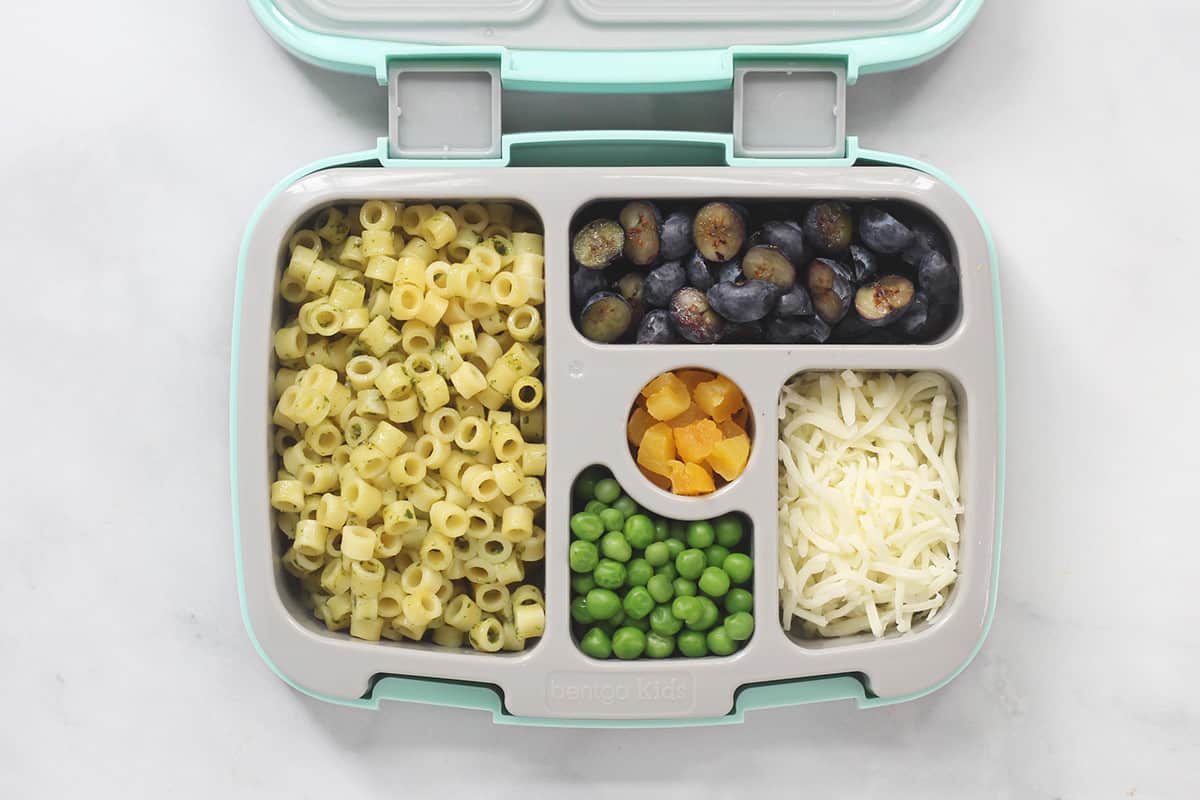
“My 11 month old is starting daycare and I’m really worried about the food situation. We do BLW at home and is a great eater, and I’m worried that daycare will affect her eating habits. Help!” —Monica
To help answer this question and to offer some general lunch reassurance to all of us, no matter the age of our kids, I asked Megan McNamee MPH, RDN, author of the forthcoming book Feeding Littles Lunches. It’s full of easy lunch inspiration for kids ages 18 months through 18 years and beyond—no complicated assembly required.
“I’m happy that eating is going so well for your baby! Here’s the good news: Young children tend to eat even better when they’re around their peers,” Meghan says. “Once they’re in the toddler room, they usually sit at a small table to eat, and this gives them an opportunity to imitate more advanced skills and try new foods. Many parents are shocked by what their child will eat at daycare that they won’t touch at home,” she continues.
I have found this to be true with my kids, both at daycare and also with school lunch in elementary school. They have learned they like foods ranging from stuffed shells and Sloppy Joes, to rice cakes, edamame beans, and tomato soup. Can I always recreate the recipes or intake at home? Nope! But knowing they are being exposed to other foods at school—even if it’s just sitting next to another child eating a different food—is a wonderful thing in the big picture.
Meghan also recommends that we talk to our teachers about our concerns, and also, to remember that it actually may turn out much better than you expect—especially if you allow for a transition period as some kids do take some time to settle into the new routine.
Here are some questions you could ask a teacher for a child of any age. (And yes, I say this FULLY knowing that teachers are all overworked and underpaid, but the point is to simply communicate with them since we’re on the same team!)
- “If a child isn’t eating, how do you usually handle it?”
- “I’m a little worried about this transition and how my child will eat. Is there anything I can do or send to make the transition easier?”
- “How do kids do with this transition typically?”
One thing I try to remember during any period of transition is that how quickly a child adjusts can vary. Which means there might be a few days when they eat less than usual, or you realize they need more food in their lunchbox, or some other thing. This is normal. This is okay. This is all part of the process and it’s okay if we simply stay curious and adjust as needed.
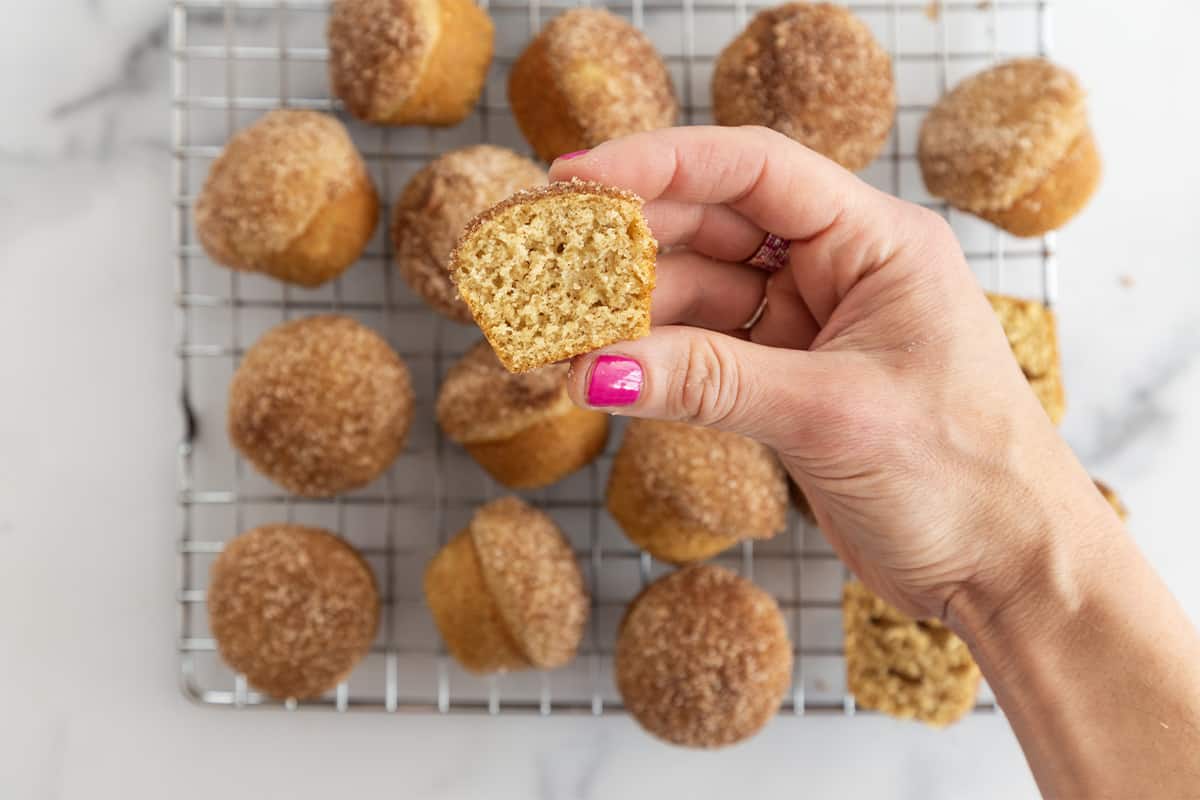
“I’ve noticed that a lot of your recipes have added sugar. Why? (REALLY, WHY???) I am trying to follow the rules and am confused about what’s actually okay for my toddler. Do I really need to worry so much about sugar??” —Lina
Members Only
The full post is for paid subscribers to the YTF Community. The vast majority of my content is free every day of the year, so if this topic is of interest to you, consider upgrading to a paid subscription to keep reading.
A subscription gets you: Paywalled essays, commenting with peers, weekly customizable meal plans, bonus recipes, and other fun perks.
If you’re already a member, login for access.



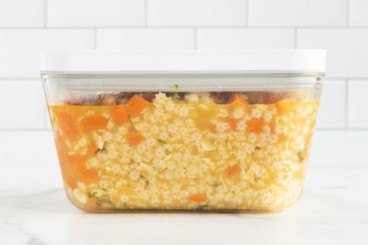
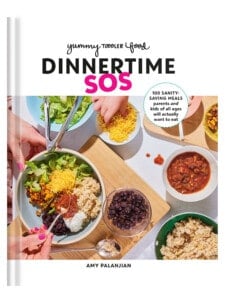
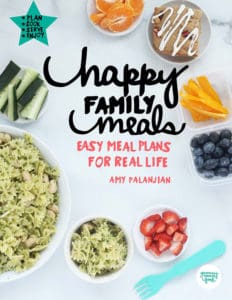
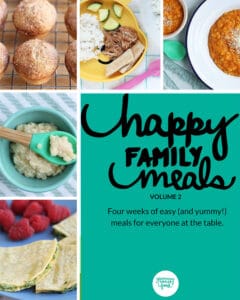
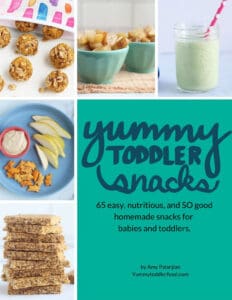














Thanks for your perspective on added sugar, sort of takes a weight off my mind when I think about it like this. Love your content and recipes.
Thanks for your perspective on added sugars. It’s always been something I’ve struggled with as the primary food maker/preparer/buyer in our household. I’m always trying to work on that balance between exposure to all kinds of foods (especially since my oldest is a “picky” eater – any new food is a win!!) and making sure the foods I consistently serve are high in nutrients (without lots of added sugar).
I’ve found that teaching kids about sugar is complicated also: “natural” sugars like in fruit are more nutritious but “processed” sugars like high fructose corn syrup are not? Tricky for kids to understand when sweet just tastes sweet!
I personally don’t think we need to teach kids those words because it’s just too complicated and most adults don’t really understand the difference enough—and it so quickly can turn into anxiety or fear producing..or just information that’s inaccurate. Instead, I try to buy foods I am comfortable with the kids eating and model eating a range of foods. That is often a more powerful teaching tool and simply sets what’s normal in our own houses, without having to work so hard. If that makes sense!
My toddler changed daycares from one where I had to pack him lunch to where they provided lunch. I was worried he wouldn’t eat as much, but he actually eats much better. He will sometimes even eat the vegetables, which is rare at home! Definitely made the right decision to switch, I am not stressed out planning and packing his lunches anymore.
That’s so great and thank you for sharing that since we don’t hear that sort of real story enough!
Great post. Thanks for sharing! I had a lot of anxiety about introducing sugar when my first baby started eating solids – there’s so much chatter online about how introducing it too early will ruin their palate for good *sigh*. Thankfully we figured out a healthy balance and he ended up being more of a savoury fan!
SO much chatter and not a ton of broader perspective about what happens after they are babies:). Thanks for commenting!
Always love your thoughts and am inspired to make good food for my littles. And me!
Thanks for commenting!
I was so stressed about added sugar with my first as well, but am a lot more relaxed now that he is 3. I appreciate your balanced perspective and that your recipes have lower sugar content in mind.
Thank you for reading and commenting and I am glad to hear you are able to relax a little more now.
I always learn so much from your community posts. I especially appreciated your answer to the question about added sugars. Thank you for sharing your experience and insight!
You’re welcome and thank you for commenting!
Such a helpful perspective on the added sugar — LOVE!
Thanks for reading and commenting!
My daughter is being offered free school lunch at Kindergarten everyday! I’m hoping she eats enough. It’s going to be a much longer day than she’s used to. How long do I test this before I send a lunch?
If this was me, I would consider this the normal and assume it will be okay. And also assume she will likely be VERY hungry after school. It may also take a bit of time for her to adjust to this, so keep that in mind and simply talk to her about her experience (without assuming you need to really do anything about it). That first week or two is a big adjustment for a lot of reasons, but the majority of kids adjust just fine in the end! I hope it’s a smooth transition!
Great post!!
Thanks for reading and commenting!
This was really helpful to read. I try to strike a healthy balance and let my almost 3 year old have some treats while trying to focus on eating dinner first and enjoying all types of food. I always worry I’m not doing enough or making the wrong decisions, but she seems to self regulate pretty good for now and is at least willing to try new foods even if she doesn’t want to continue eating it.
Seems like all signs are pointing to everything being okay. I know it’s hard not to worry though!
Thanks for addressing this! I often worry that I screwed things up with my youngest. I was in the “survive” phase and let him have more sugar added foods than I would have. He is 4 now and still prefers sweet foods unfortunately but I am hoping that changes.
Maybe remember that learning to eat is a lifelong process and we’re always learning. And that liking sweet foods is not a problem we need to fix—breastmilk and formula are both sweet. I like to think of it as “what can I help them learn to like” on top of what they already like, rather than having to sort of convince them that the foods they already like aren’t yummy…the former is much easier and realistic!